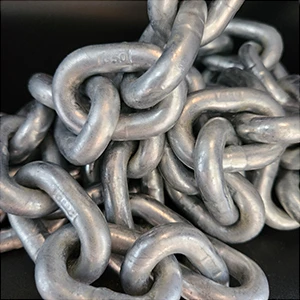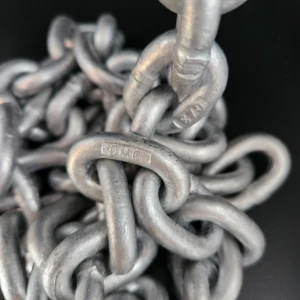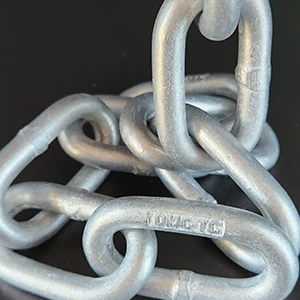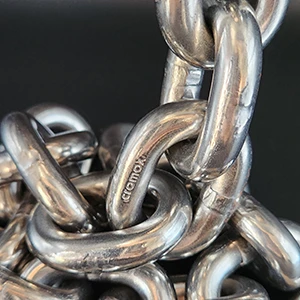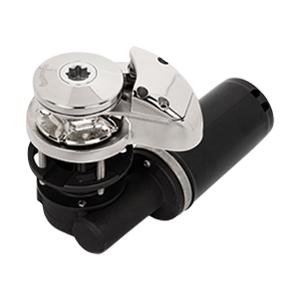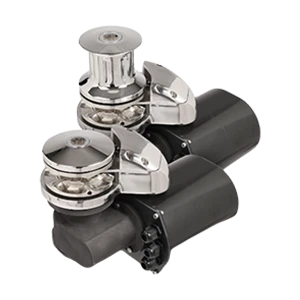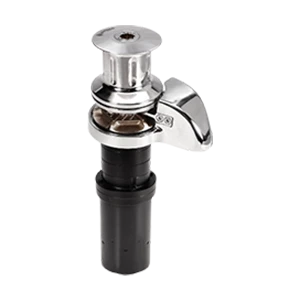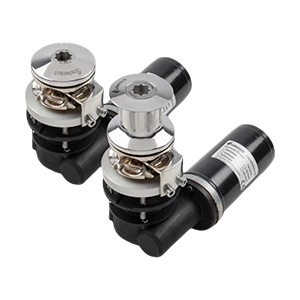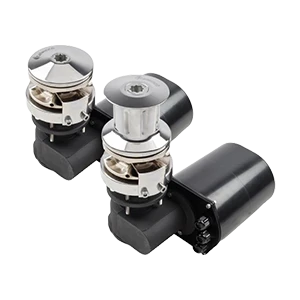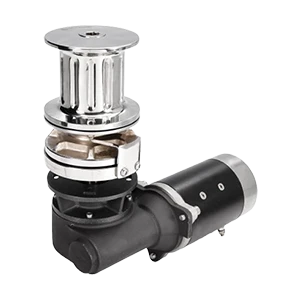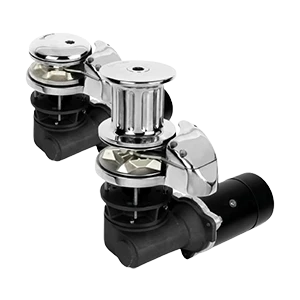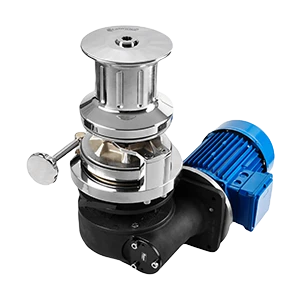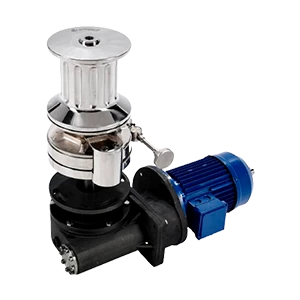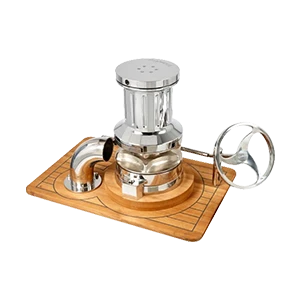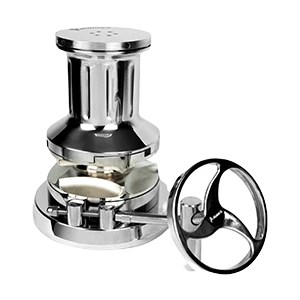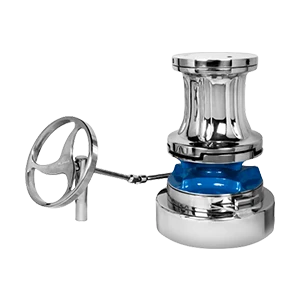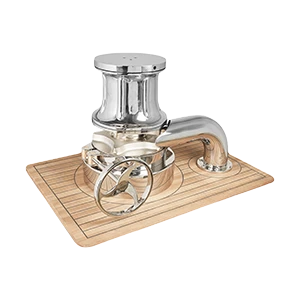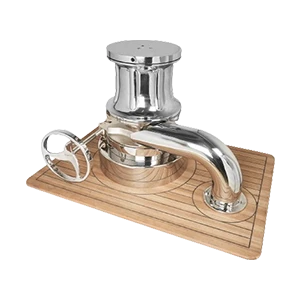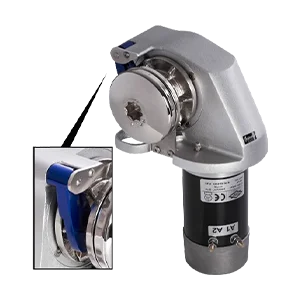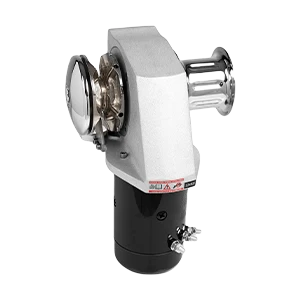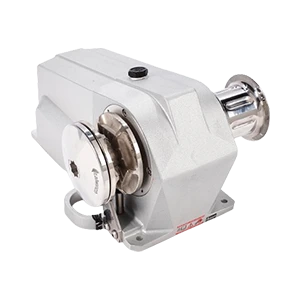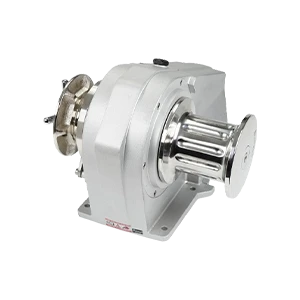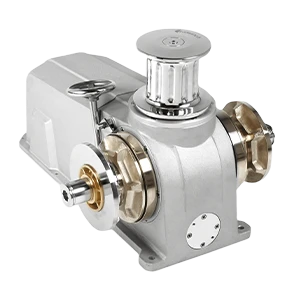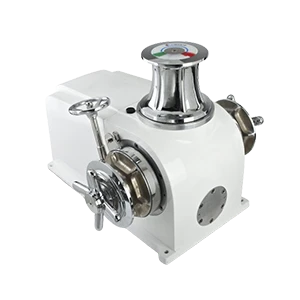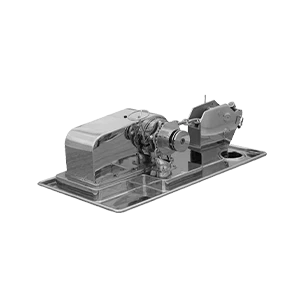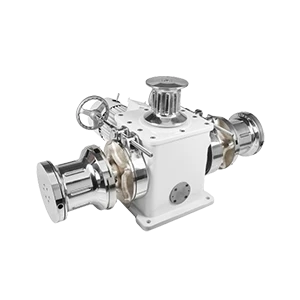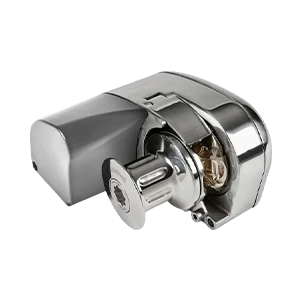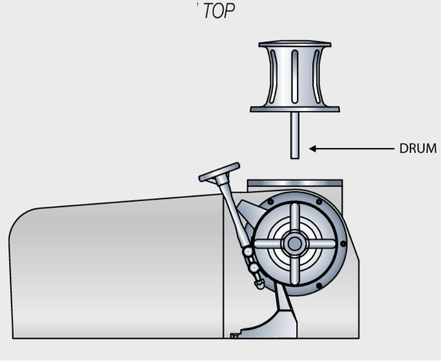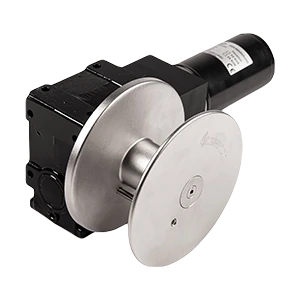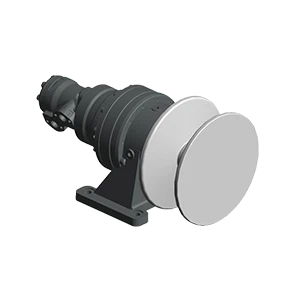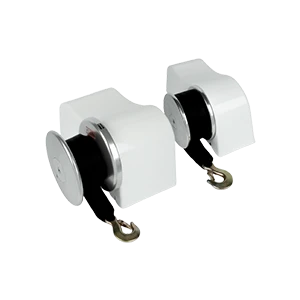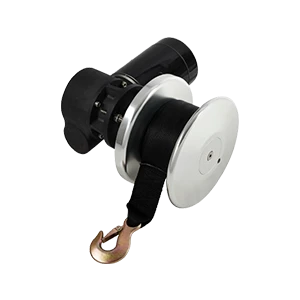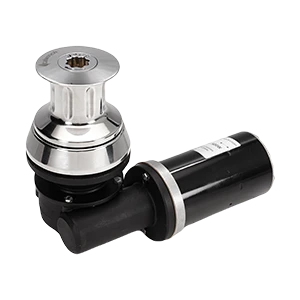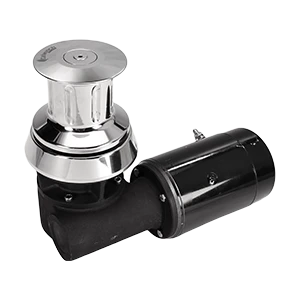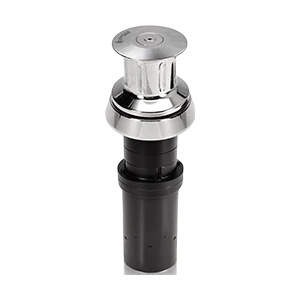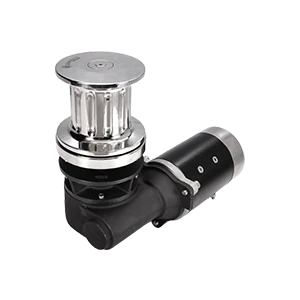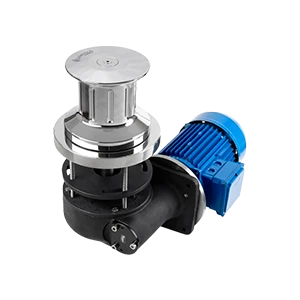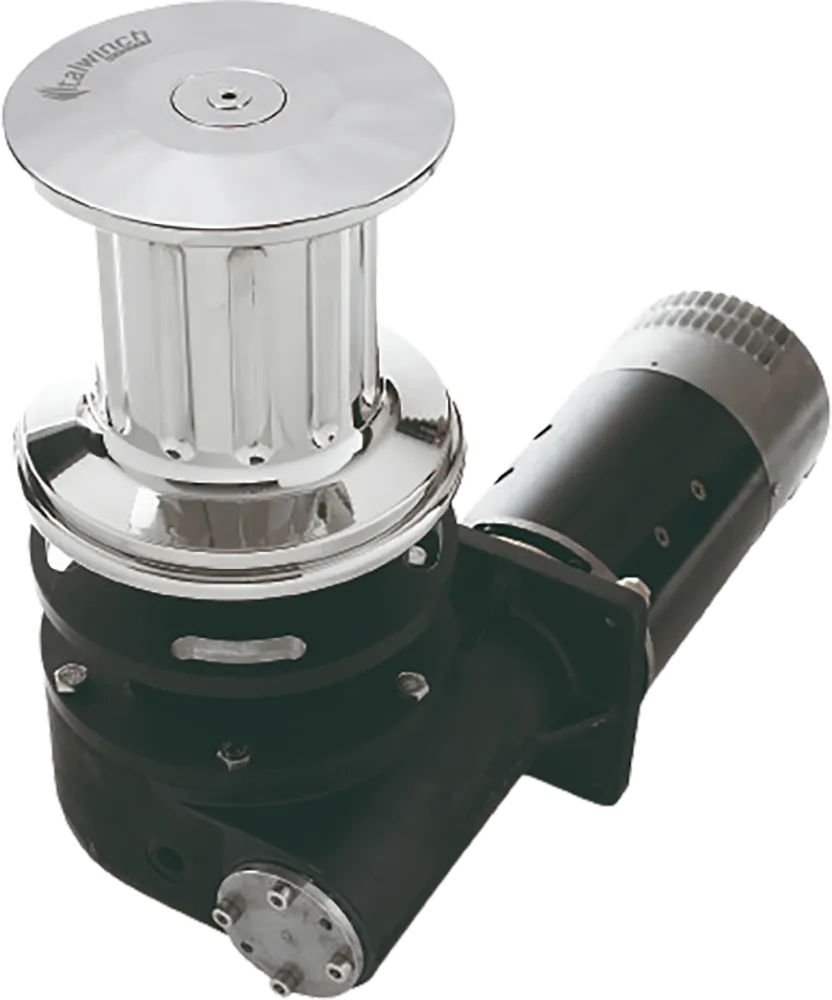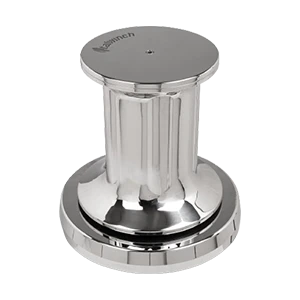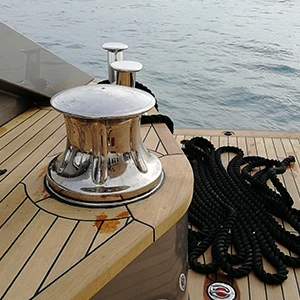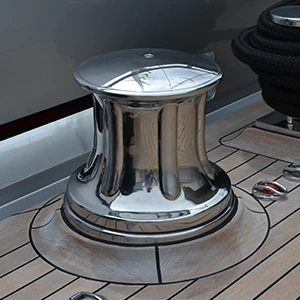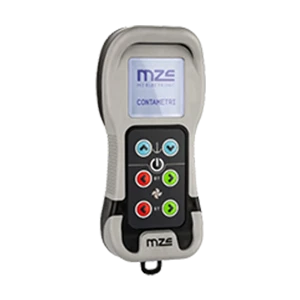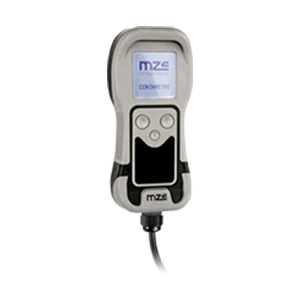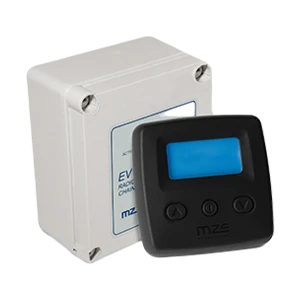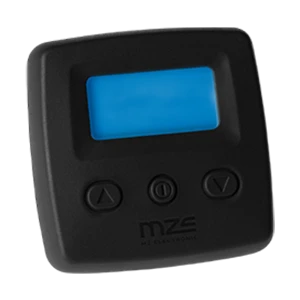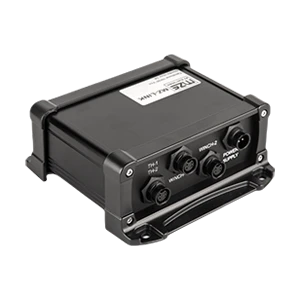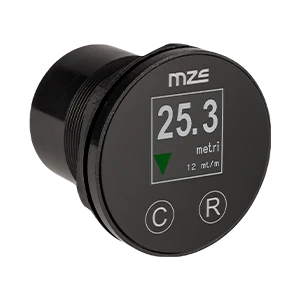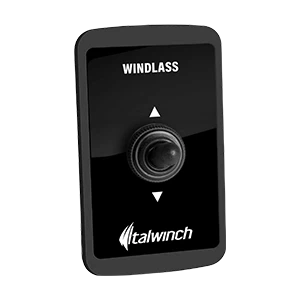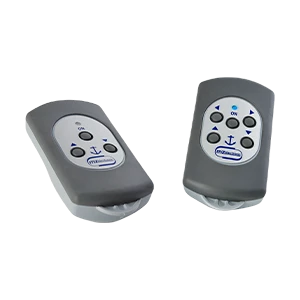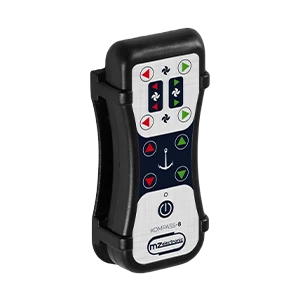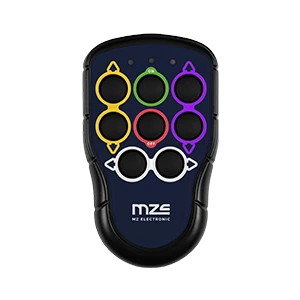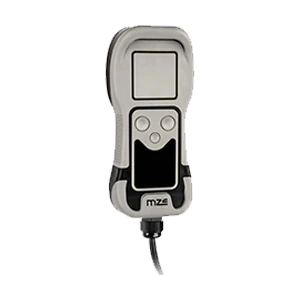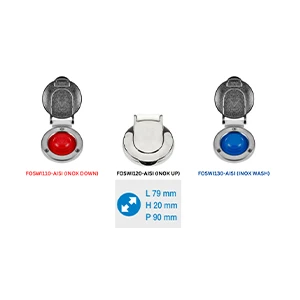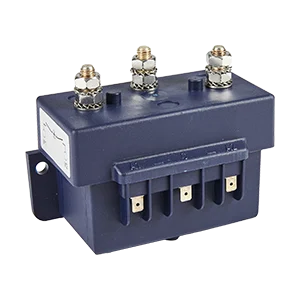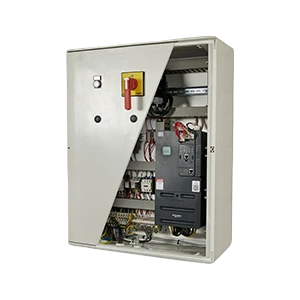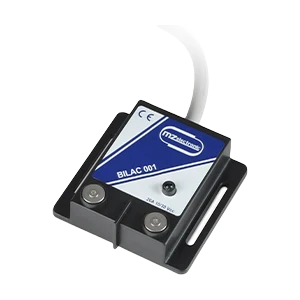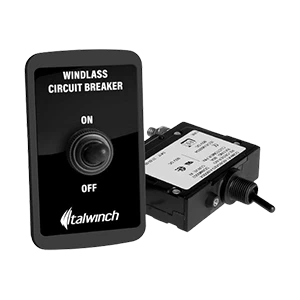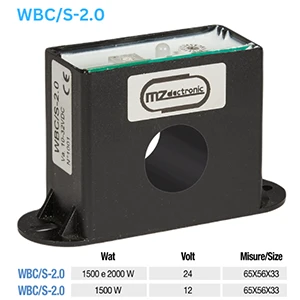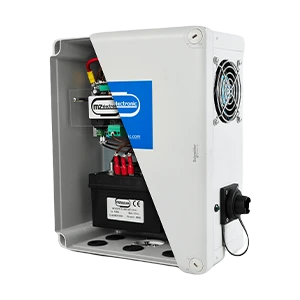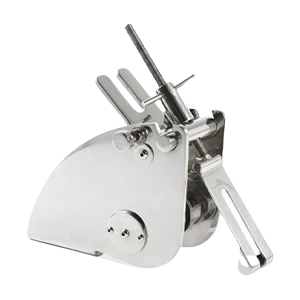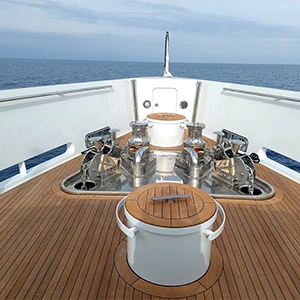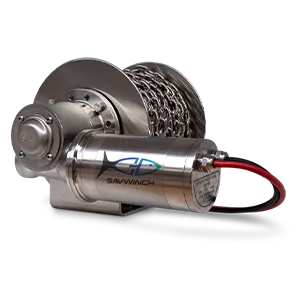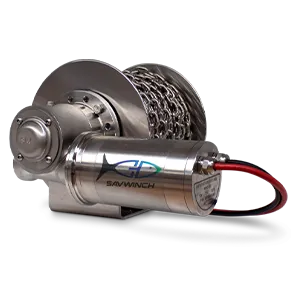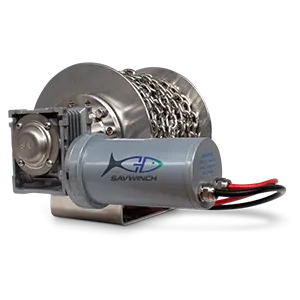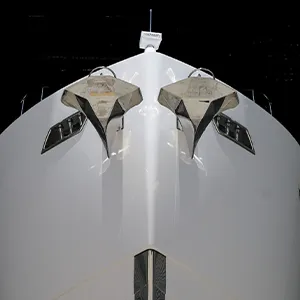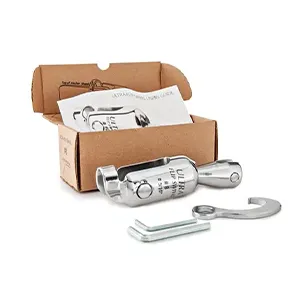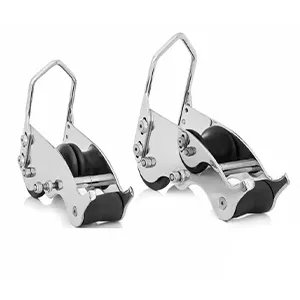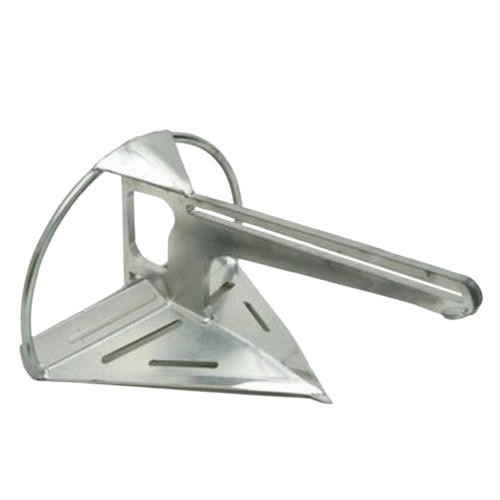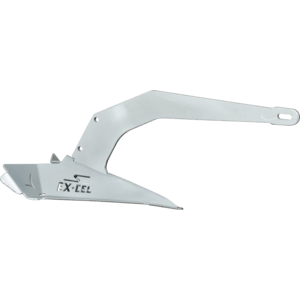Buying Anchor Chain? Avoid Catastrophe. Understand Anchor Chain Choices.
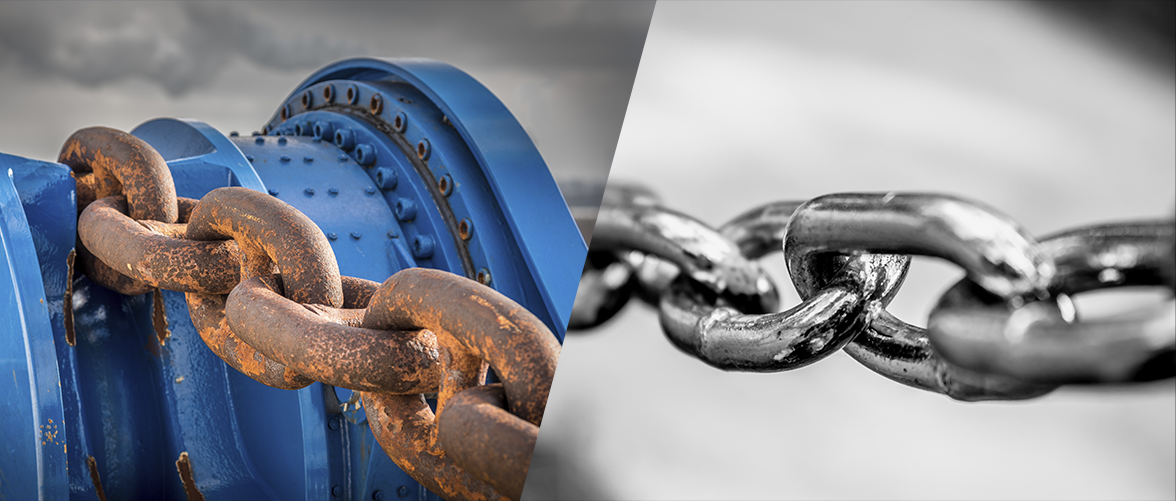
When you’re buying Marine Anchor Chain, there are plenty of Anchor Chain suppliers who stock a variety of product, but your choice could endanger lives. This is not the time to cut corners.
Below we have laid out the types of Anchor Chain for sale so that when you’re making enquiries and looking at your anchor chain price, you can make a choice that will give you peace of mind. I stress, always make sure you use Certified Anchor Chain and always consult a professional to make sure your selection keeps you and your crew safe.
Here are your options:
Galvanised Steel Grade 40 - 45
Stainless Steel 304 & 316
318 Duplex Stainless Steel
Galvanised Steel Grade 40 – 45
The most common is galvanised steel anchor chain. The best grades for Steel Anchor Chains are between grade 40 and Grade 45 less than grade 40 steel is softer and more prone to wear and stretching. Grades higher than Grade 45 become more brittle and can be prone to cracking.
Galvanized anchor chains are typically made from carbon steel. The steel is coated with a layer of zinc through a galvanization process, this provides corrosion protection. The zinc acts as a sacrificial anode, corroding before the underlying steel.
If you are considering anchor chain by price, galvanized anchor chains are generally more cost-effective than stainless steel alternatives. However, the level of corrosion resistance is not as high, zinc coating will wear off over time, leading to potential rusting.
Stainless Steel 304 & 316
Stainless steel is a broad term encompassing a variety of steel alloys that contain at least 10.5% chromium. The chromium content forms a protective oxide layer on the surface, preventing rust and corrosion. There is a lot of stainless-steel chain available, BUT much of the chain is poorly welded and not properly calibrated to suit many Gypsies.
Stainless steel is known for its aesthetic appeal, corrosion resistance, and versatility in various marine environments. However, as anchor chain, certain grades can be prone to corrosion and cracking as they can become brittle over time, regular inspections are necessary.
Common stainless-steel grades for marine applications include 304 and 316. These grades offer some corrosion resistance and are suitable for various conditions, but they do not have the same corrosion resistance/strength as duplex stainless steels.
318 Duplex Stainless Steel anchor chain is normally Grade 60 and the chain is much harder and stronger than most anchor chains.
Duplex stainless steel is a type of stainless steel that has a two-phase microstructure, consisting of both austenitic (chromium-nickel) and ferritic (chromium-molybdenum) phases.
Duplex stainless steel offers a combination of high strength and excellent corrosion resistance. Particularly well-suited for applications in aggressive environments, such as marine settings where resistance to pitting and crevice corrosion is crucial.
The duplex structure provides enhanced toughness and stress corrosion cracking resistance when compared to other stainless-steel grades.
Comparison
Galvanised steel anchor chains are the most cost effective. When sourcing your chain, make sure it’s stamped and tested.. It should be stamped with the supplier's name/brand and the Grade. If you take care of your chain, rinsing it with fresh water and storing it in an anchor locker that drains well, you will get a good life out of your chain.
Stainless Steel 304 & 316 Stainless-Steel Chain is normally about 3 times the price of galvanised anchor chain. The chain looks good but will tarnish over time and is prone to cracking as it gets older. Regular inspections are advisable and the chain should also be stamped and tested. Beware of cheap options!
318 Duplex Stainless Steel chain is the pick of the bunch (except for the price), normally 5 -10 times the price of galvanised chain. It is low maintenance, good looking and very strong. It will be stamped and tested and most manufacturers offer a limited guarantee that it won’t corrode or tarnish.
This Blog was written by Darren Warner from Ozzi Marine. Darren is a seasoned marine chain expert and has over 30 years of experience in the marine industry.

